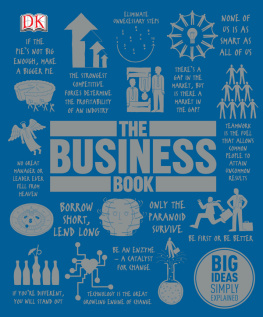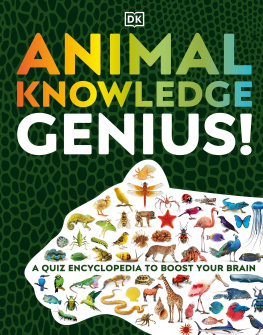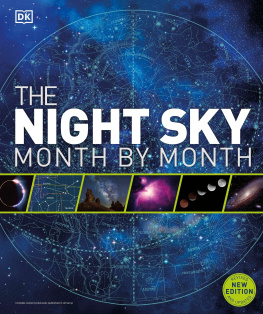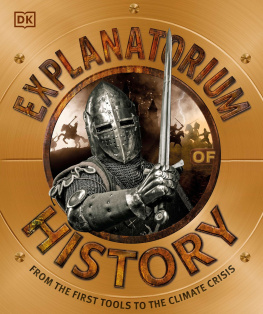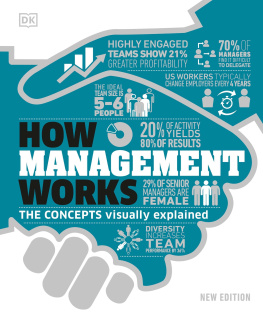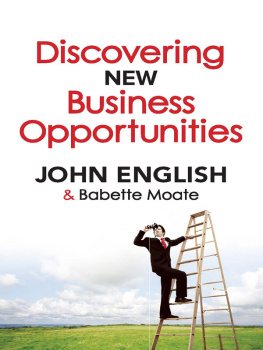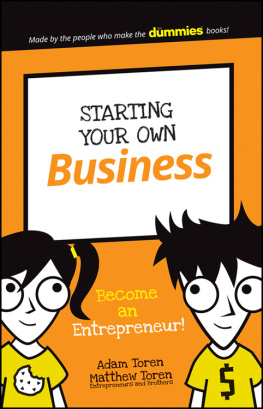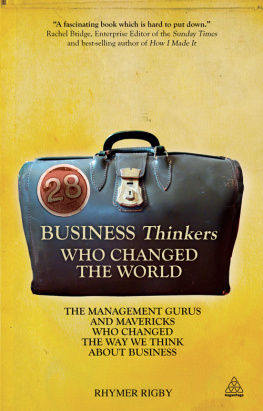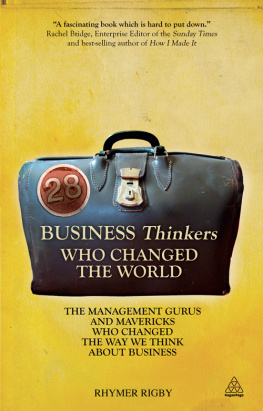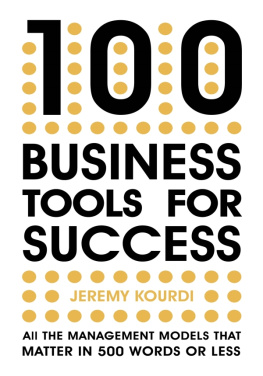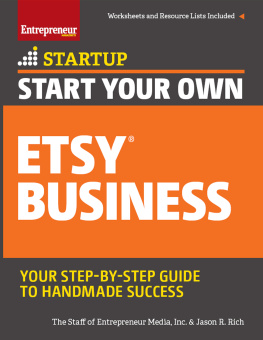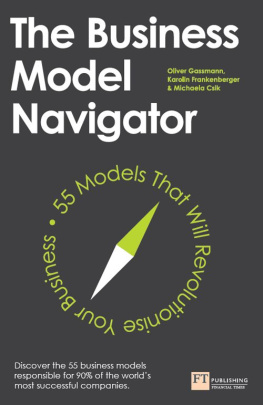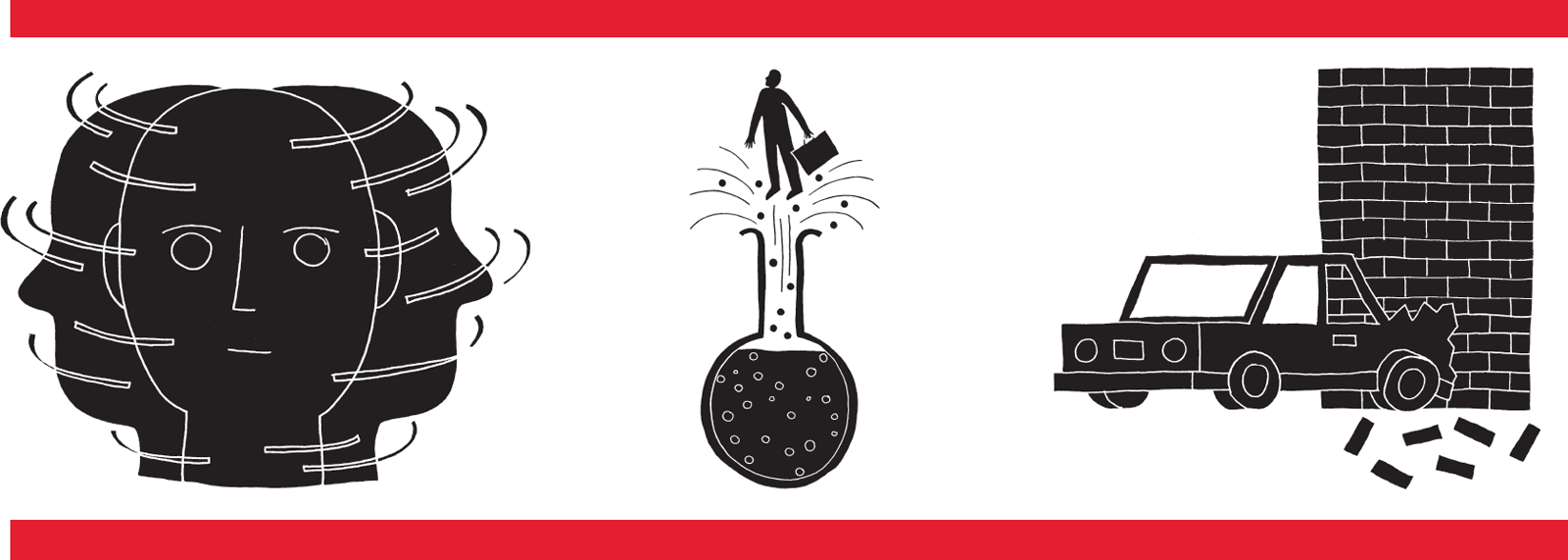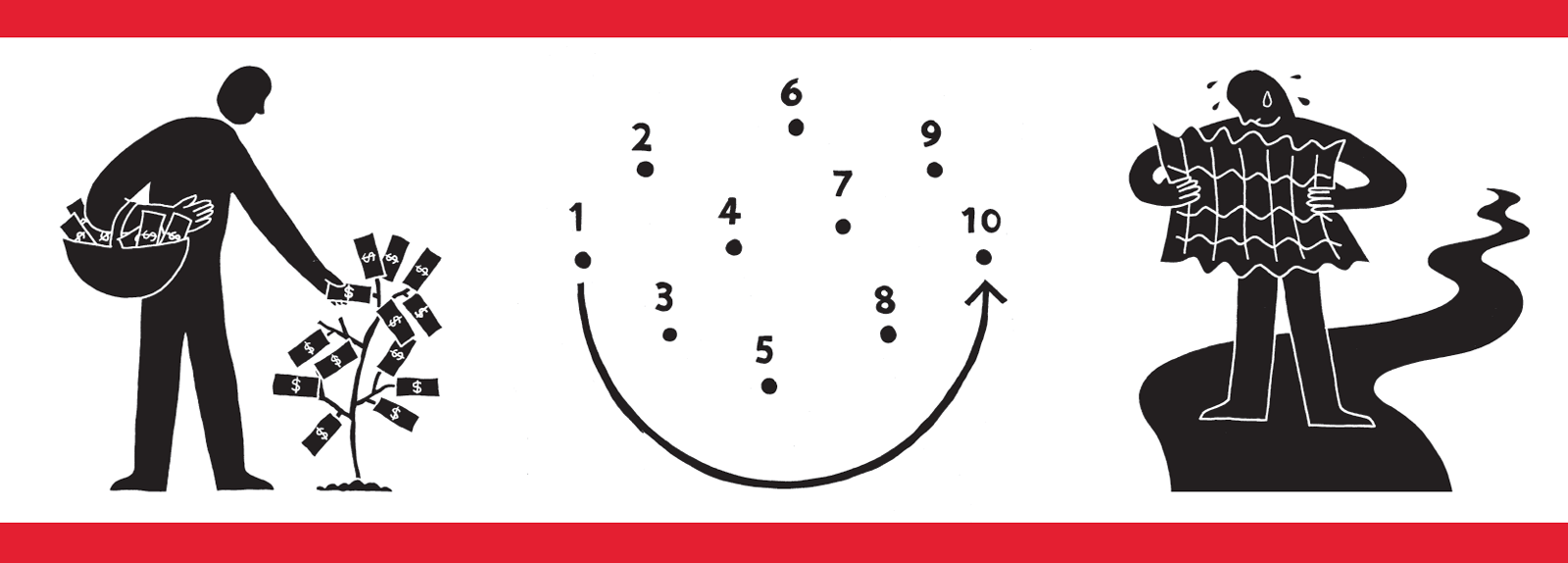DK - The Business Book
Here you can read online DK - The Business Book full text of the book (entire story) in english for free. Download pdf and epub, get meaning, cover and reviews about this ebook. year: 0, publisher: DK Publishing, genre: Business. Description of the work, (preface) as well as reviews are available. Best literature library LitArk.com created for fans of good reading and offers a wide selection of genres:
Romance novel
Science fiction
Adventure
Detective
Science
History
Home and family
Prose
Art
Politics
Computer
Non-fiction
Religion
Business
Children
Humor
Choose a favorite category and find really read worthwhile books. Enjoy immersion in the world of imagination, feel the emotions of the characters or learn something new for yourself, make an fascinating discovery.
The Business Book: summary, description and annotation
We offer to read an annotation, description, summary or preface (depends on what the author of the book "The Business Book" wrote himself). If you haven't found the necessary information about the book — write in the comments, we will try to find it.
The Business Book clearly and simply explains all of the key theories that have shaped the world of business, management, and commerce.
Using easy-to-follow graphics and artworks, succinct quotations, and thoroughly accessible text, The Business Book introduces the would-be entrepreneur and general reader alike to the work of great commercial thinkers, leaders, and gurus.
The Business Book includes:
- Almost 100 quotations from the great business thinkers and gurus
- Information on every facet of business management, including alternative business models, with real life examples from the marketplace
- A structure that takes the reader through every stage of business strategy, from start-up to delivering the goods
The clear and concise summaries, graphics, and quotations in The Business Book will help even the complete novice understand the key ideas behind business success.
DK: author's other books
Who wrote The Business Book? Find out the surname, the name of the author of the book and a list of all author's works by series.

